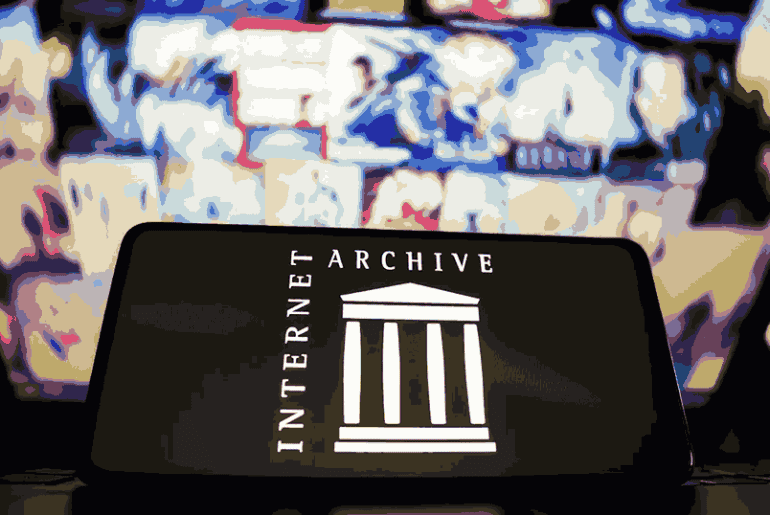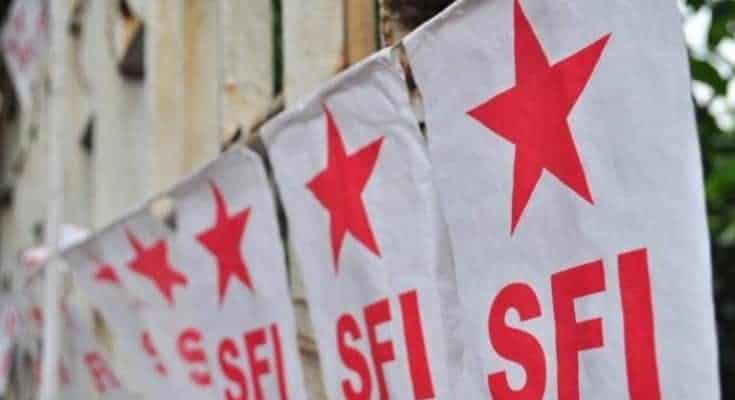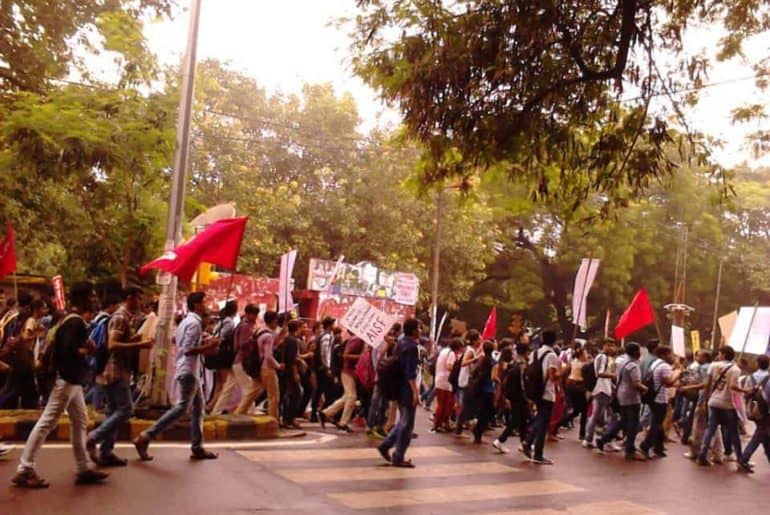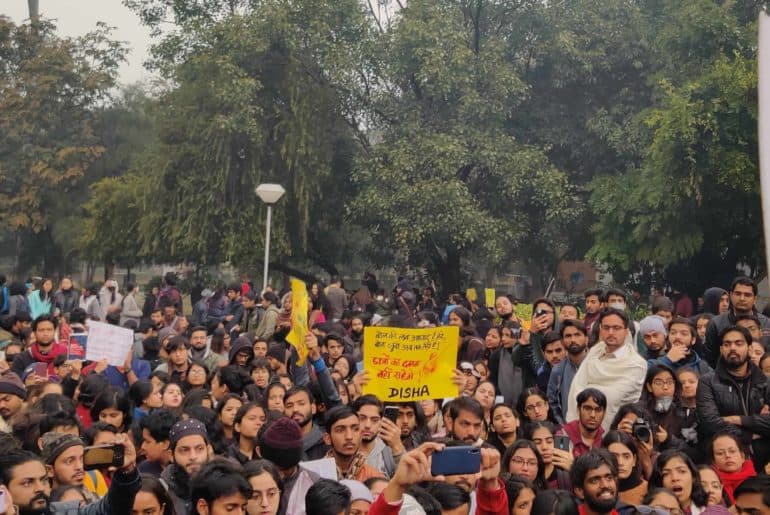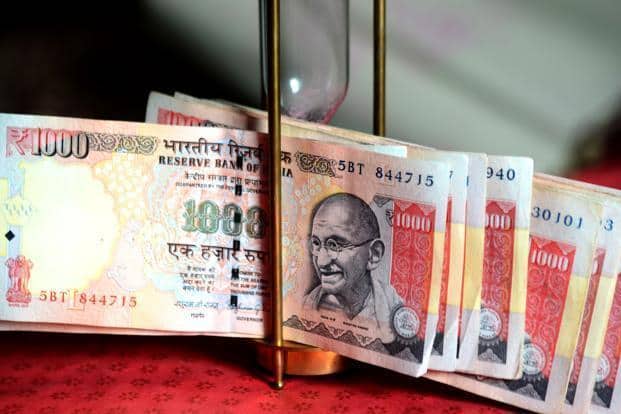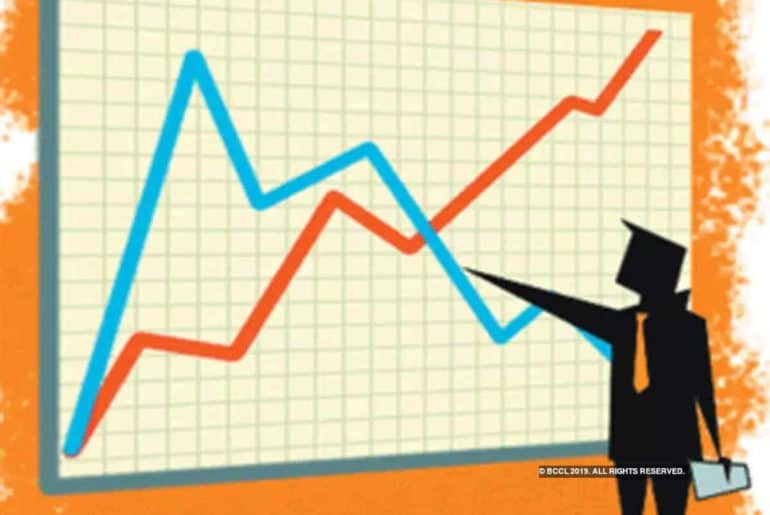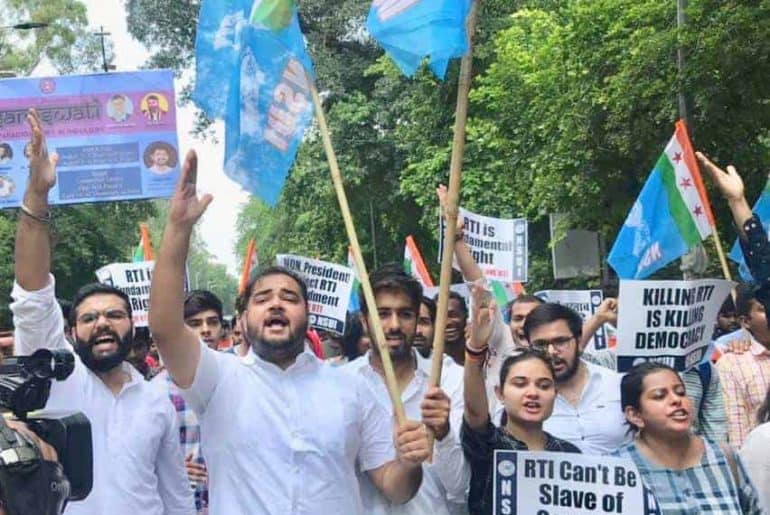500,000 books scrapped from the Internet Archive. Why? Is it because they lost the lawsuit against the powerful few? Or is it because they were declared guilty of copyright infringement, surpassing the fair use doctrine? The reason lies much deeper, yet in plain sight.
In a significant legal decision, the Internet Archive has lost the lawsuit filed by major publishers, including Hachette, Penguin Random House, HarperCollins, and Wiley. The lawsuit challenged the Archive’s National Emergency Library initiative, which had suspended waitlists and allowed unlimited digital lending of scanned books during the COVID-19 pandemic—a departure from its original policy of one digital copy per physical.
The court ruled that this practice infringed upon the publishers’ copyrights, emphasizing that the Archive’s actions exceeded the bounds of fair use. As a result, the Internet Archive is required to remove approximately 500,000 books from its digital collection, limiting public access to these works.
But is copyright the real issue here?
Not quite. At the heart of the matter lies profit and the public right to access information without being financially burdened under the exorbitant costs of the knowledge resources that one, especially a student, is all too familiar with. The Internet Archive’s loss marks the latest blow in a long line of struggles over public access to knowledge.
Expressing his disappointment, Chris Freeland, Internet Archive’s director of library services, said:
We are reviewing the court’s opinion and will continue to defend the rights of libraries to own, lend, and preserve books.
While the publishers seem to care about royalties and fair compensation for their writers, many point out the elitism in the argument itself, including Dave Hansen, executive director of the Authors Alliance, a nonprofit that frequently advocates for wider digital access to books who says:
This ruling may benefit the bottom line of the largest publishers and most prominent authors, but for most it will end up harming more than it will help.
The ruling’s impact goes beyond the financial arguments of publishers. The Internet Archive is a lifeline for those who can’t afford the exorbitant costs of books, particularly students and researchers without access to well-funded libraries. Following the ruling, the Archive stated:
This injunction will result in a significant loss of access to valuable knowledge for the public. People who are not part of elite institutions or who do not live near a well-funded public library will lose access to books they cannot read otherwise. It is a sad day for the Internet Archive, our patrons, and for all libraries.
Zooming out from this particular case, a broader pattern emerges: powerful institutions, whether governments or corporations, are increasingly limiting public access to information. The Internet Archive’s loss is not an isolated incident; it joins a growing list of similar cases where access to knowledge is restricted in the name of fair compensation and other such rights.
Take the prolonged chase of Julian Assange, founder of WikiLeaks, who faces espionage charges for leaking classified documents that exposed government corruption. Or consider the arrest of Pavel Durov, CEO of Telegram, after refusing to provide encryption keys to the Russian government. These examples, while seemingly unrelated, share a common thread: they are all about controlling access to information and knowledge, denying the public the right to transparency, privacy, and free access.
Assange’s efforts to make government secrets public have been presented as a crime. Similarly, Durov’s refusal to sacrifice user privacy led to his prosecution. While the Internet Archive’s campaign focuses on books, it is part of a larger narrative in which these institutions strive to limit access in order to protect their interests, leaving the public with less avenues to explore, learn, and question.
The coming of surveillance tools such as Pegasus spyware originates from a need to control, to see what people are reading, writing, and discussing. Governments and corporations alike are moving closer to an Orwellian “Big Brother” scenario in which information is closely controlled and public access to knowledge is conditional rather than guaranteed.
The question is, can society push back against this tide? Is it possible to save public access to information in an increasingly privatized world?
Maybe that’s too far of a reading from a legal case study, or, one is compelled to question, is it? The battle over information control is not just about books or individual legal cases. It’s about who gets to decide what the public can know, learn, and share. Given the trend of ‘hoarding’, whether money or knowledge, can the societal pushback save the internet archive from its impending doom? That’s for you to decide. With your actions and words.
Featured Image Credits: BBC- Serenity Strull/ Getty Images
Read Also: DU Sanctions Rs.110 Crore for Expansion of Central Library
Afza Khan

